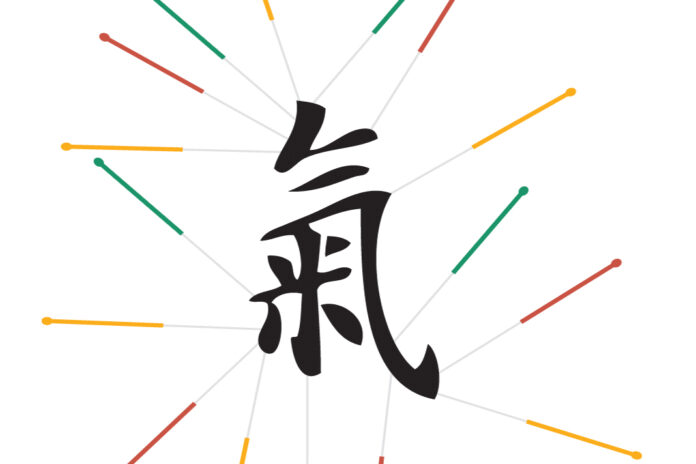By Simon Kim, Professor, South Baylo University
Organic qi worldview regarded the Life Jingqi as final unity and absolute reality in the Heaven and Earth. Life is a common sense experience for humans. It is the premise of the philosophy of I-ching and the philosophy of organism. Therefore, Gyesajeon of I-ching said: begetting life is called the principle of I (生生之謂易).
Now I can summarize the characteristic of worldview shared by the Qi philosophy and the philosophy of organism. These two philosophies are in line with the realistic metaphysics of philosophical history. I would call them the natural philosophy of Jingqi worldview. Followings are three premises of the natural philosophy of Qi realism.
- Nature consists not only of the material world, but of Qi organism.
- All life activities in heaven and earth are made possible by the Jingqi.
- The presence of mind and spirit is the emergent phenomena of the life-laden Jingqi world.
In order to overcome the limitation of Mechanistic Material Metaphysics (MMM), Whitehead had to build the organic life-laden worldview. So, he asked; how do we add content to the notion of bare (material) activity? As I contrasted two images of nature before, the quantitative and qualitative image, Whitehead suggested also the modes of qualitative texture. The unity of emotion or feeling is a patterned texture of qualities for fusing life with nature. This feeling is expressed as Gameung (感應) in the Qi philosophy.
Like the existence of matter, life should be viewed as an ultimate unit. According to the definition of ‘life’ in <Modes of Thought> written by Whitehead, the composition of qualitative life in nature has three essential factors.
- Life implies the absolute, individual self-enjoyment arising out of the (physical) process of appropriation. Life is enjoyment of emotion derived from the past, aimed at the future.
- Life involves a creative activity belonging to the very essence of each occasion. The process of self-creation is the transformation of the potential into the actual, and the fact of such transformation includes the immediacy of self-enjoyment.
- Individual unit of life aims the selected way of entertaining in the process of unification. Each occasion of experience is combining the continuity of subjective and the continuity of nature in the direction of self-enjoyment.
Thus, the characteristics of life are absolute self-enjoyment, creative activity, aim. The reason why amoeba is regarded as life is because it has three elements of life. Science can find no individual enjoyment in nature: Science can find no aim in nature: Science can find no creativity in nature; it finds mere rules of (material) succession.
Whitehead has consistently insisted on these claims from his early writing; Sciences and the modern world. He contended that the blindness of physical science only deals with half of evidence provided by human experience. So, he concluded that we should conceive mental (life) operations as among the factors which make up the constitution of nature.
It is no exaggeration to say that the beginning of my articles began with this one passage; Jingqi becomes individual things in nature (精氣爲物). Comparing with physical things in nature formed by the 92 elements and 4 energies, the individual things made up of Jingqi, working upon the principle of Yin Yang Wuxing have the tone of life same as in the philosophy of organism.







































Thankfulness to my father who told me on the topic of this weblog, this blog is in fact amazing.
It’s actually a cool and useful piece of info. I am glad that you just shared this helpful information with us.
Please stay us informed like this. Thank you for sharing.
Comments are closed.